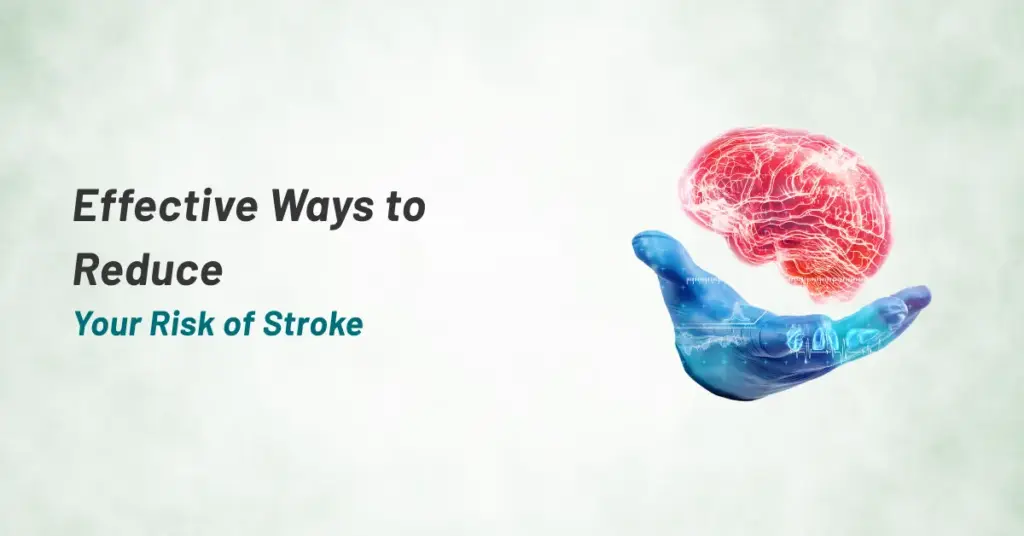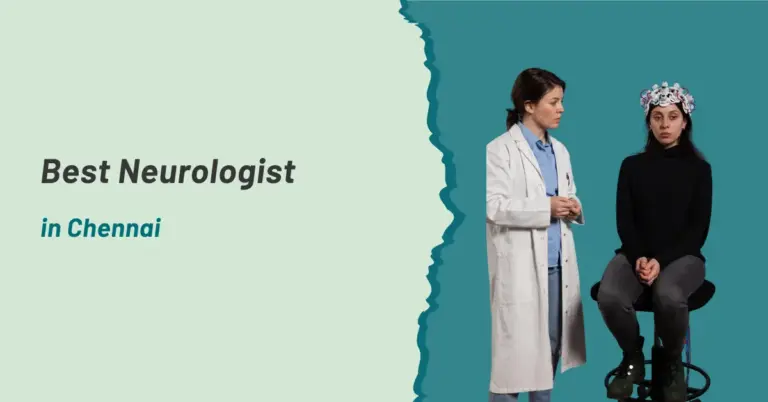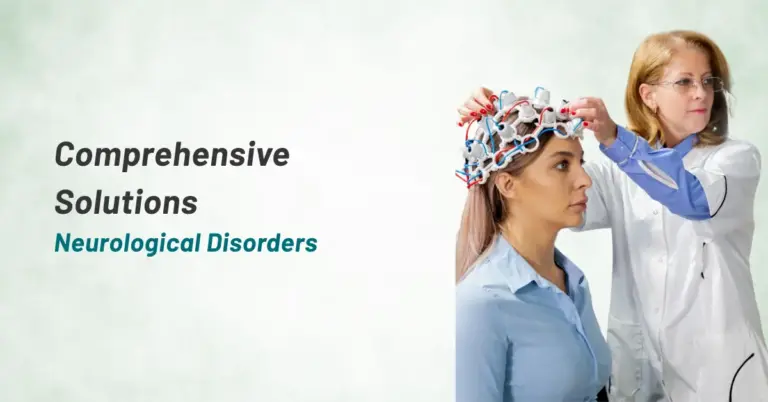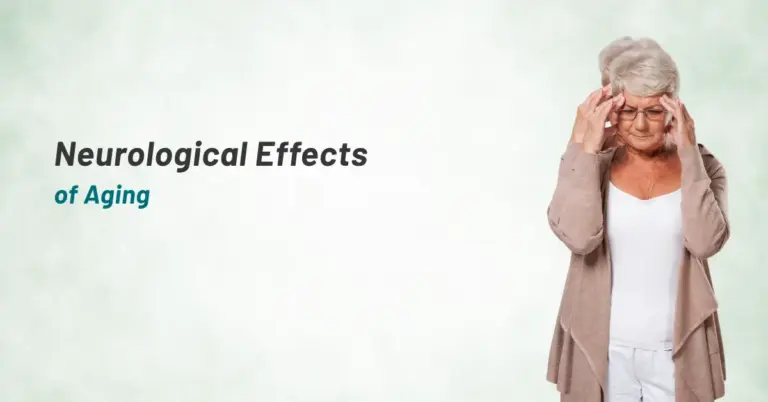What can you do to prevent a stroke? Age makes us more susceptible to having a stroke, and so does having a close relative, a father, or a mother who has had a stroke. Even though you can not reverse your age or modify your family history, there are other risk factors of a stroke that you can control.
Medical problems like high blood pressure, high cholesterol, irregular heartbeat, and diabetes can increase your risk of having a stroke. Lifestyle factors such as diet, consumption of alcohol and drugs, smoking, and how active you are, also affect your risk of having a stroke. Making simple lifestyle changes could help a lot in preventing strokes.
A stroke is a brain attack. It happens when the blood supply to a part of the brain is cut off. It can be caused either by a blockage (an ischemic stroke), or a bleed (a hemorrhagic stroke).
Keep your blood pressure in check!
Untreated high blood pressure is one of the biggest risk factors for stroke. The ideal blood pressure for a healthy adult is less than 120/80mmHg.
Keep your cholesterol under control!
Cholesterol is a type of fat produced by the liver. It is found in foods like meat and dairy. The body needs small amounts of cholesterol, but too much of it is unhealthy. Extra cholesterol can travel around the arteries in your body, narrowing them, and increasing your risk of having a stroke.
Monitor your blood sugar levels regularly!
Diabetes can cause fatty deposits to build up in your arteries, which can lead to them becoming blocked. This increases the risk of having a stroke, especially if you have had diabetes for a long time and not taken proper steps to keep it in check.
Treat atrial fibrillation!
If you have symptoms such as heart palpitations or shortness of breath, it is for the best to see your doctor for an examination.
Drink Sensibly!
Cutting alcohol consumption altogether reduces the risk of a stroke. If not, you can at the least limit the amount of alcohol you consume. If you are an occasional drinker, it is recommended to drink more slowly, with food and alternating with water.
Quit Smoking!
If you smoke, you are twice as likely to have a stroke. The more you smoke, the more the risk of a stroke. Stopping smoking will reduce your risk of getting a stroke, irrespective of your age or for how long you have smoked.
Know the signs
The symptoms of a stroke are easy to remember with the acronym F.A.S.T
Face – Ask the person to smile and check if there is face drooping on one or both sides. Arms – Check for arm weakness or numbness Speech – See if the person has slurred or garbled speech Time – Time to get immediate medical attention
People tend to ignore the signs of a stroke because they question whether their symptoms are real. Be fast if you recognize any signs of a stroke. Did you know that about 2 million nerve cells are lost for every minute a stroke goes untreated? Make positive changes from today and be aware of the signs. It is all in the mind!




